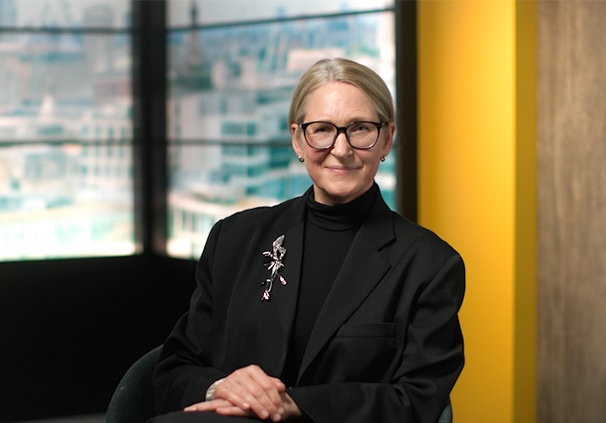Beleggingscategorie
BLACKROCK INVESTMENT INSTITUTE
Beleggingsinformatie
Ga dan naar onze professionele pagina.
Elke belegger is anders. Omdat wij iedereen de mogelijkheid willen geven om aan een goede financiële toekomst te bouwen, bieden we een breed assortiment beleggingsfondsen. Zo kunt u de fondsen kiezen die het beste passen bij uw doelstellingen, uw risicoprofiel en de manier waarop u wilt beleggen.
iShares ETF's (Exchange Traded Funds) combineren het gemak en de brede spreiding van een indexfonds met de flexibiliteit en eenvoudige verhandelbaarheid van aandelen.
Ontdek een eenvoudige manier om duurzaam te beleggen, afgestemd op uw beleggingsdoelen en risicoprofiel. Met breed gespreide multi-asset portefeuilles waarin milieu, samenleving en goed bestuur (ESG) centraal staan.
